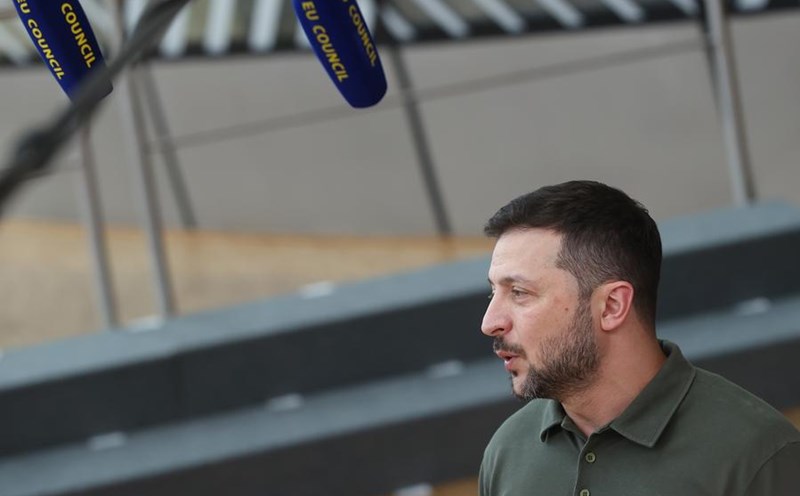The Danish Energy Agency has granted permission to Nord Stream 2 AG - the operator of the Nord Stream 2 pipeline - to seal the damaged ends of three of the four branches in the Nord Stream and Nord Stream 2 systems.
The move could mark the first step towards restoring the vital energy link, which supplied up to 40% of Germany's gas consumption before the conflict broke out in Ukraine, according to analysis by The Spectator.
The decision to grant permission for the Nord Stream pipeline repair also came days after Alice Weidel, leader of the far-right Alternative for Germany (AfD) party, said people could count on her to get Nord Stream back up and running. She also pledged to dismantle Germany’s wind turbines and restart its nuclear power plants.
However, the idea of resuming business ties with Russia after the ceasefire in Ukraine has raised concerns among some EU countries, especially those wary of Germany's strategic dependence on Russian gas.

Following Ms Weidel's remarks, Polish President Andrzej Duda warned that countries like Germany "should not be tempted" to continue importing gas from Russia.
For German voters and some parts of the country's industry, the loss of cheap Russian gas is a disaster.
The twin energy shocks of the Nord Stream explosion and the closure of Germany's nuclear power plants - pushed by the Greens partners of the ruling coalition - have led to the country's worst fall in living standards since World War II. The economic downturn in Germany is similar to that of the 2008 financial crisis.
A recent study by the New Economy Forum warned that Germany's failure to protect industry from soaring energy prices could turn the 2020s into a "lost decade" and further boost support for the AfD.
Meanwhile, the European Union faces a near-impossible task: punishing Russia economically while still ensuring enough gas to provide electricity.
Despite imposing price caps on Russian oil, sanctions on the aviation and banking sectors, and freezing Russian state assets, Brussels has not sanctioned the Nord Stream pipeline.
The Danish Energy Agency approved the gas pipeline repair because it is obliged to ensure that infrastructure on the country's continental shelf remains operational.
The Danish-licensed Nord Stream repair work includes the installation of specialized waterproofing caps on two branches of the Nord Stream pipeline and one branch of Nord Stream 2.
This will help drain water from the flooded pipelines and potentially raise them from the seabed for repairs. Nord Stream and Nord Stream 2 are currently at a depth of 90m.
The cost of these initial repairs is estimated at 622 million euros, according to the Swiss-based operator of Nord Stream 2 AG, Transliq AG.











